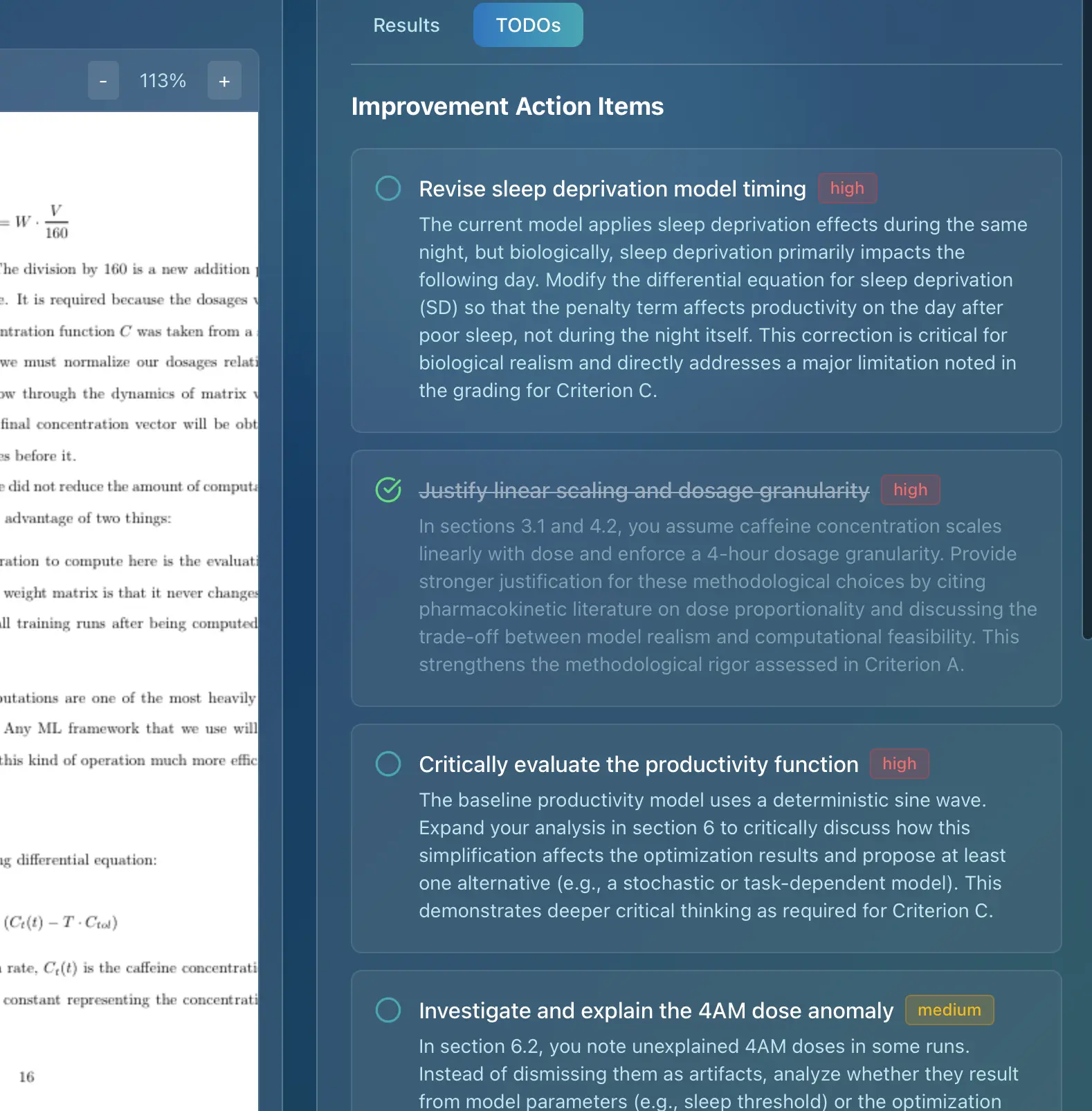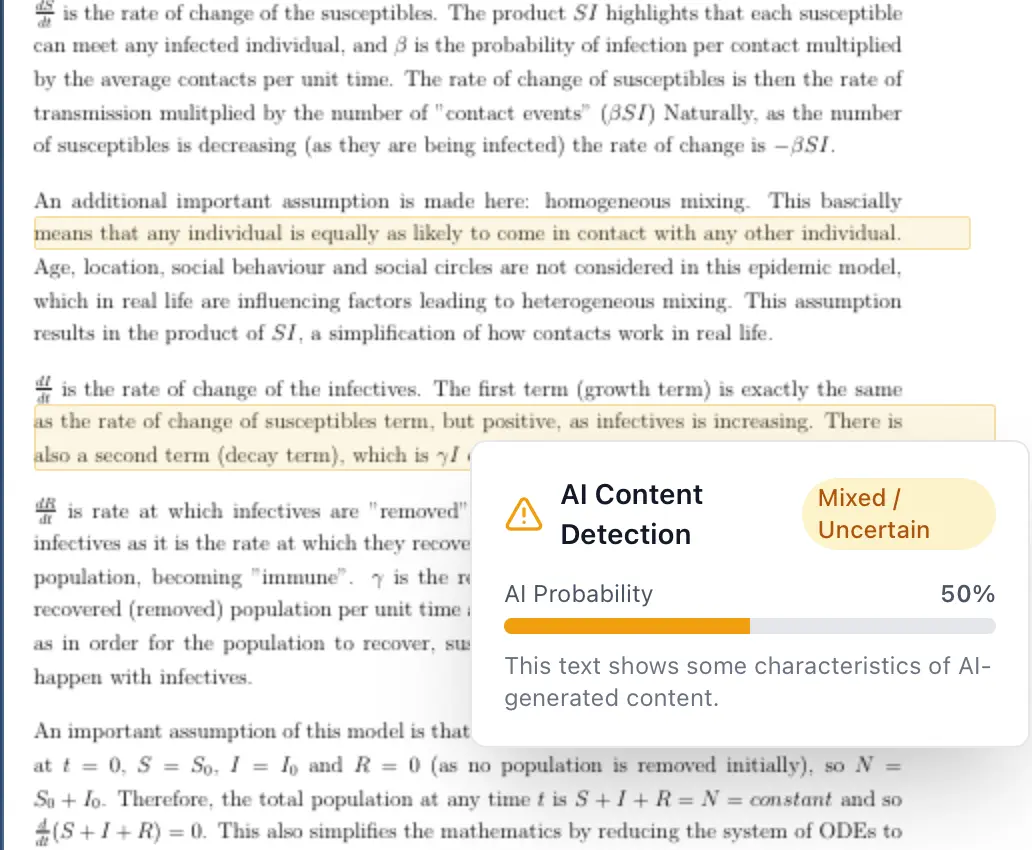What is Theory of Knowledge? An IB Student's Introduction
Theory of Knowledge (TOK) is a core component of the International Baccalaureate (IB) Diploma Programme. In essence, it's a course that challenges you to think critically about the nature of knowledge itself. This means exploring how we know what we know, the limitations of our knowledge, and the implications of different ways of knowing. This guide will provide you with a comprehensive overview of TOK, covering its key concepts, assessments, common challenges, and strategies for success, ultimately helping you navigate this unique and rewarding subject. By the end, you'll have a solid understanding of what TOK is all about and how to excel in it.
What Exactly Is Theory of Knowledge?
TOK isn’t about memorizing facts or specific content. Instead, it's a philosophical exploration of knowledge itself. It encourages you to question assumptions, analyze perspectives, and develop your own informed opinions. Think of it as a journey into the world of epistemology – the study of knowledge. You'll be examining different ways of knowing, areas of knowledge, and the connections between them.
Key Concepts in TOK
Understanding the core concepts is crucial for success in TOK. Here are some of the most important:
- Ways of Knowing (WOKs): These are the different methods we use to acquire knowledge. The IB identifies eight WOKs:
- Language: How does language shape our understanding of the world?
- Sense Perception: How reliable are our senses in providing knowledge?
- Emotion: How does emotion influence our reasoning and decision-making?
- Reason: How does logic and deduction help us arrive at knowledge?
- Imagination: What role does imagination play in knowledge creation and understanding?
- Faith: How does faith, belief, and trust contribute to our understanding?
- Intuition: Can we gain knowledge through immediate insight or understanding?
- Memory: How does memory shape our understanding of the past and influence our present knowledge?
- Areas of Knowledge (AOKs): These are the different subject areas or disciplines in which knowledge is organized. The IB identifies five AOKs:
- Mathematics: How does mathematics provide us with certainty and understanding?
- Natural Sciences: How do the natural sciences use observation and experimentation to gain knowledge?
- Human Sciences: How do the human sciences study human behavior and society?
- History: How do we construct and interpret the past?
- The Arts: How do the arts express and communicate knowledge and understanding?
- Knowledge Questions (KQs): These are open-ended questions about knowledge itself. They are the driving force behind TOK explorations. Examples include: "To what extent does language shape our perception of reality?" or "How reliable is emotion as a source of knowledge?"
- Knowledge Claims: These are statements that assert something as known. In TOK, you'll analyze the justification and validity of different knowledge claims.
- Perspectives: Recognizing that knowledge is often shaped by individual and cultural perspectives is vital. TOK encourages you to consider different viewpoints and biases.
The Importance of Knowledge Questions
Knowledge Questions (KQs) are the heart of TOK. They are open-ended, debatable questions about the nature of knowledge. They should be general enough to apply to different areas of knowledge and ways of knowing.
Example: Instead of asking "Is climate change real?" (a factual question), a TOK KQ would be "To what extent can scientific consensus be considered a reliable source of knowledge?" This KQ prompts you to consider the nature of scientific knowledge, the role of consensus, and the potential limitations of scientific claims.
Struggling with IB Assessments?
Get instant, detailed feedback on your work with AI that understands IB criteria.

TOK Assessments: Essay and Exhibition
Your understanding of TOK will be assessed through two components: the TOK essay and the TOK exhibition.
The TOK Essay
The TOK essay is an external assessment where you respond to one of six prescribed titles released by the IB. You'll need to choose a title and develop a well-reasoned argument that explores the knowledge question presented.
Key Tips for the TOK Essay:
- Choose a title you genuinely find interesting. This will make the research and writing process more engaging.
- Clearly define your key terms. Ensure you understand the nuances of the language used in the prescribed title.
- Develop a clear and focused argument. Avoid simply listing examples; instead, analyze and evaluate different perspectives.
- Use real-world examples to support your claims. These examples should be relevant and well-explained.
- Consider counterclaims and limitations. Acknowledge alternative viewpoints and the potential weaknesses in your argument.
- Write a strong conclusion that summarizes your main points and offers a final reflection on the knowledge question.
The TOK Exhibition
The TOK exhibition is an internal assessment where you explore how TOK manifests in the real world. You'll choose one of the IB's central knowledge themes and select three objects that relate to it. You'll then write a commentary on each object, explaining its significance in relation to the chosen theme and a specific knowledge question.
Key Tips for the TOK Exhibition:
- Choose a theme that resonates with you. This will make the selection of objects and the writing process more meaningful.
- Select objects that are personally significant and allow for in-depth analysis. Avoid choosing objects that are too obvious or lack complexity.
- Develop a clear and focused commentary for each object. Explain the object's connection to the chosen theme and the knowledge question.
- Use specific examples and evidence to support your claims.
- Consider different perspectives and interpretations of the objects.
- Ensure your exhibition is well-organized and visually appealing.
Common Challenges and Mistakes in TOK
Many students find TOK challenging, but understanding common pitfalls can help you avoid them.
- Lack of Focus: Wandering off-topic and failing to address the specific knowledge question.
- Solution: Carefully analyze the question and develop a clear argument that directly addresses it.
- Superficial Analysis: Providing shallow or descriptive explanations without delving into deeper philosophical concepts.
- Solution: Engage with the underlying assumptions and implications of different perspectives.
- Over-Reliance on Personal Opinion: Failing to support claims with evidence and reasoned arguments.
- Solution: Back up your opinions with examples, research, and logical reasoning.
- Ignoring Counterclaims: Failing to acknowledge alternative viewpoints or potential weaknesses in your argument.
- Solution: Actively seek out and address counterclaims to demonstrate a balanced and nuanced understanding.
- Poor Time Management: Leaving the essay or exhibition to the last minute.
- Solution: Plan your time effectively and break down the task into smaller, manageable steps.
Pro Tip: Get AI-Powered Grading
Stop second-guessing your grades. Get instant feedback aligned with official IB rubrics.

Advanced Tips and Strategies for TOK Success
To truly excel in TOK, consider these advanced strategies:
- Engage in Critical Thinking: Question assumptions, analyze perspectives, and develop your own informed opinions.
- Connect TOK to Your Other Subjects: Look for opportunities to apply TOK concepts to your other IB courses. This will deepen your understanding of both TOK and your other subjects.
- Read Widely: Explore different philosophical perspectives and theories to broaden your knowledge base.
- Discuss TOK with Others: Engage in discussions with your classmates, teachers, and friends to challenge your own thinking and gain new insights.
- Practice Writing Knowledge Questions: Regularly practice formulating and analyzing knowledge questions to improve your critical thinking skills.
- Seek Feedback: Ask your teacher for feedback on your essay outlines, exhibition plans, and drafts.
Technology and Modern Assessment in TOK
The landscape of education is constantly evolving, and technology plays an increasingly important role in assessment. In the context of TOK, technology can be used to enhance research, collaboration, and feedback.
AI-powered tools are also emerging as valuable resources for both students and teachers. For example, Marksy is an AI grading assistant specifically designed for the International Baccalaureate (IB). It can help teachers provide consistent, detailed feedback on TOK essays and exhibitions, saving them valuable time while ensuring that assessments are aligned with official IB rubrics. Marksy uses sophisticated algorithms to analyze student work based on the official IB criteria, providing criterion-by-criterion feedback and suggestions for improvement. This allows students to understand exactly how to improve their work and achieve their full potential.
By leveraging technology like Marksy, educators can focus on providing personalized support and guidance to students, fostering a deeper understanding of TOK concepts and promoting critical thinking skills. The use of AI in assessment ensures accuracy and fairness, giving students confidence in the feedback they receive.
Conclusion: Your TOK Journey Begins Now
Theory of Knowledge is a challenging but ultimately rewarding subject that encourages you to think critically about the nature of knowledge itself. By understanding the core concepts, mastering the assessment components, and avoiding common pitfalls, you can excel in TOK and develop valuable skills that will benefit you throughout your academic and professional life. Remember to engage in critical thinking, connect TOK to your other subjects, and seek feedback from your teachers.
Ready to take your TOK skills to the next level? Try Marksy for free today and experience the power of AI-powered feedback to improve your IB scores or streamline your grading workflow!